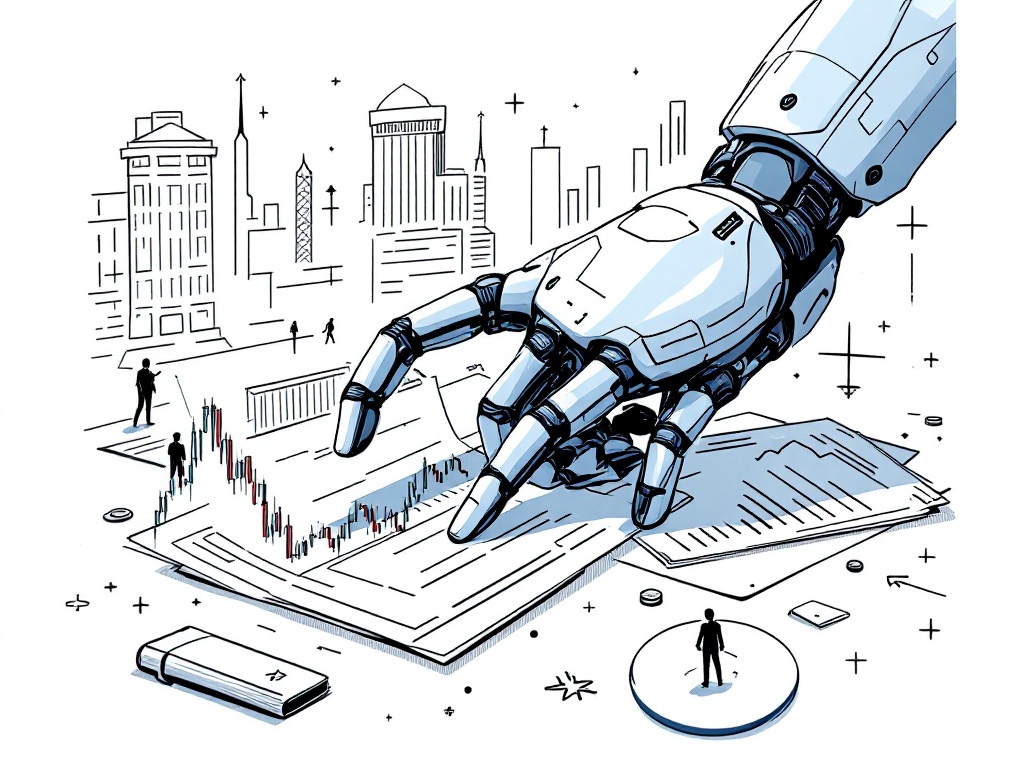AI Set to Slash 200,000 Jobs on Wall Street

New York, Friday, 10 January 2025.
AI technologies may displace 200,000 jobs in the financial sector within the next five years, impacting roles in data analysis and operations.
Impact Assessment and Timeline
According to a comprehensive Bloomberg Intelligence survey conducted on January 8, 2025, major financial institutions are bracing for significant workforce reductions [1][3]. The study, which included responses from 93 major banks including Citigroup, JPMorgan, and Goldman Sachs, reveals that executives expect to cut an average of 3% of their workforce [3]. Nearly one-quarter of banking executives anticipate more substantial reductions, ranging from 5% to 10% of their total staff [1].
Roles at Risk
The impact of AI automation will not be uniform across all banking sectors. According to Bloomberg Intelligence senior analyst Tomasz Noetzel, positions involving routine, repetitive tasks are particularly vulnerable [3]. Back-office, middle-office, and operational departments face the highest risk of displacement, with roles in data analysis, financial trend assessment, and risk evaluation being especially susceptible [1]. Entry-level positions could see the most dramatic impact, with projections suggesting up to two-thirds of junior analyst roles might be affected [1].
Financial Benefits and Industry Transformation
The transition to AI-driven operations is expected to yield substantial financial benefits for banks. Industry projections indicate a 12% to 17% increase in pre-tax profits by 2027, potentially generating an additional $180 billion in total profits [1]. This transformation is already showing results, as evidenced by JPMorgan’s AI cash flow tool, which has reduced human workload by almost 90% as of March 2025 [3]. Furthermore, 80% of surveyed banking executives believe generative AI will boost productivity and revenue by at least 5% by 2027 [1].
Future Workforce Requirements
Rather than complete elimination, many roles are expected to undergo transformation. The financial sector is shifting towards demanding different skill sets, with increased emphasis on computer science, statistics, and data analysis [1]. A Citigroup report from June 2024 highlighted that the banking sector faces the highest potential for AI automation compared to other industries [3]. This transition necessitates substantial re-skilling efforts, with workers needing to adapt through ongoing education and skill development to remain relevant in the evolving financial landscape [1].